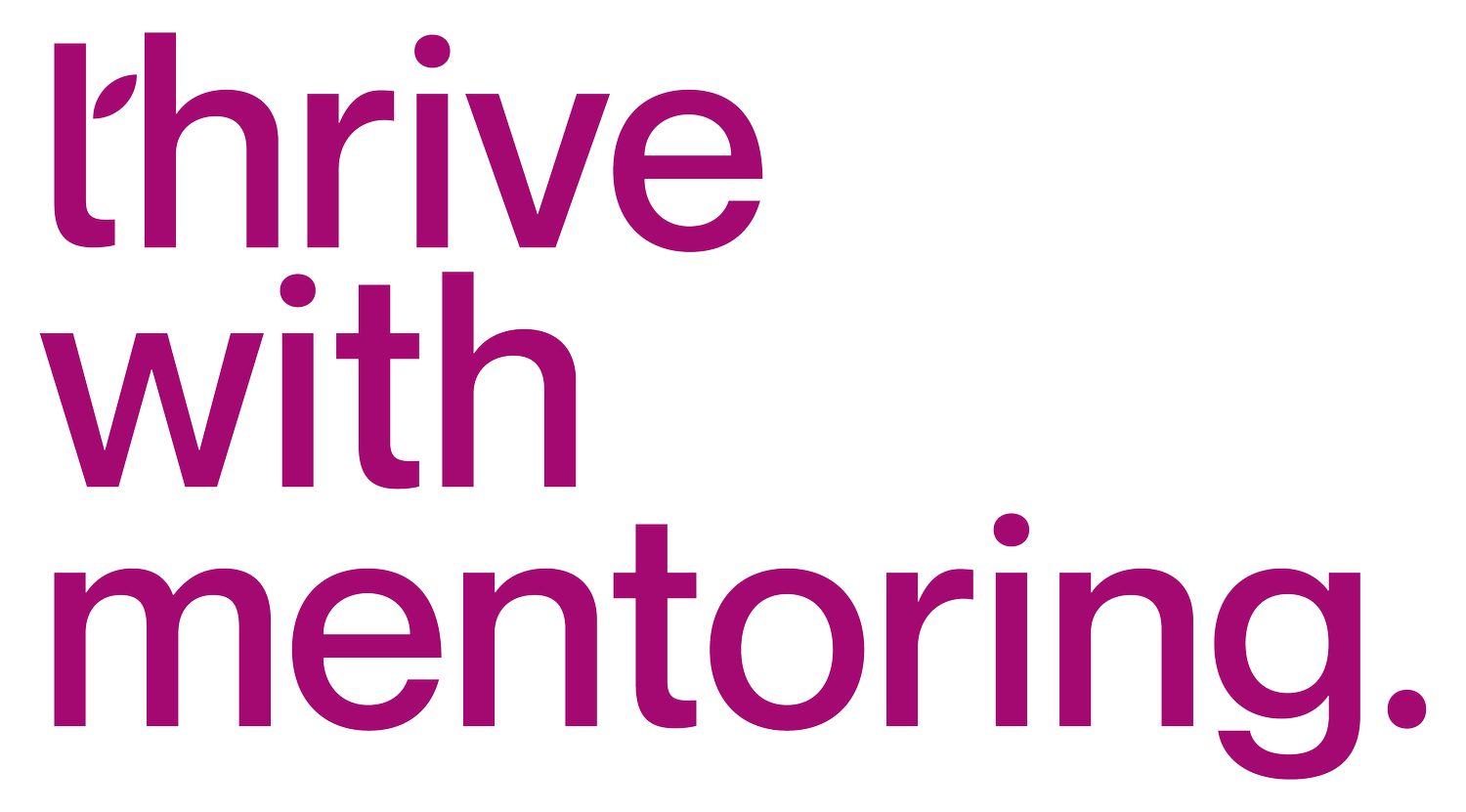How does mentorship serve as a bias interruptor?
Early last month, I had written about how mentoring serves to disable stereotypes. Based on my experiences in the last couple of weeks, I want to take this a step further and talk about how mentorship can serve as a bias interruptor.
I was at the airport, and this gentleman was on the phone with his partner. He was telling her that he’s having his eggs and toast as usual before the flight takes off. I could see that he had piled sausages, eggs, coffee, tarts and muffins on his plate. I caught his eye and we shared a conspiratorial smile. Another woman sitting next to me, assumed he was smiling at her and very explicitly rolled her eyes and walked out. The gentleman shrugged at me and continued, unperturbed.
Have you seen versions of this happening at the workplace too? Actions are perceived to be what they are not, and there are huge fallouts. The case in point - men finding it “uncomfortable” to mentor women, because they think their normal behaviour might be perceived as inappropriate and they might be penalized.
Let’s look at this in two ways:
Men may think that women don’t understand or confuse what constitutes appropriate and inappropriate behaviour. They may go further and insinuate that women imagine #metoo issues.
Women may misconstrue what’s happening around them. Happens to the best. It’s called cognitive bias.
In either case, the premise isn’t solid enough to warrant a “No men to women interaction or mentoring”. When we add to this the unconscious bias that all of us carry around anyway; and the recent attention and unintended consequences of movements such as #metoo or #timesup – and we have the recipe for a seemingly innocuous workplace interaction to get loaded with unwanted meaning.
Can mentoring help in this environment? How can mentoring be a ‘bias interruptor’?
Mentors focus on your strengths- Mentors make you brain savvy. They focus on the things that you want to centre your career on. In these discussions, mentors challenge your deep-seated assumptions about your strengths and your areas of improvement. The unconscious bias that you carry isn’t always outward in nature, it’s intrinsic too. This could be you feeling particularly concerned about your ability to handle a senior level role, given your family responsibilities and lack of role models. Mentors question these unconscious assumptions, they help you use your logical and objective side in coming to decisions.
Mentors bring you out of “adaptive behaviour”- Remember that animation by Pixel SparkShorts “Purl”? A ball of yarn adapts to white male behaviour in order to succeed at the workplace. All of us do this in some ways. We serve as bias carriers when we do nothing to question it. Every time that you have been a part of critiquing other women/ men, their choice of dressing, the way they behave around men/ women and so on, you’ve participated in group think and colluded with patriarchy/ misandry and perpetuated this adaptive behaviour. Mentors call out such behaviour and focus on what “you” could do differently.
Mentors help you sort out duelling stereotypes- Economists calculate that the best-looking one third of the population makes 12% more than least attractive individuals. In Beauty Pays: Why Attractive People Are More Successful, Daniel Hamermesh claims that this bias can, over a lifetime, amount to an earnings gap of $250,000. There are two ways of defining beauty here - you are born with an accepted idea of great features e.g. symmetry or height or you invest in grooming to make yourself stand out. The second type intimidates people - both men and women. Interestingly good-looking women are viewed differently at different stages of their career. As women mature in their career, the more prettier they look the more incapable they are assumed to be; the thought being that they’ve come so far due to their beauty. So if you are woman striving to get your personal branding right, you will be judged by measures which are not gender neutral. Mentors help you see through such dualities. When a successful woman mentors you, you may see a powerful role model, well- groomed yes, and intelligent, showing that she’s both substance and style. When a man mentors you, you may witness merit, substance and network – and also grooming.
Bias interruptors are nothing but small fixes to your existing system. It doesn’t mean that you will completely abandon your current way of thinking and existing, but having different kinds of mentors in place can encourage you to appreciate diversity and become aware of your biases – and that’s already a great first step.
Unconscious bias is harmful - studies have shown that when comparing identical resumes, “Rahim” needed eight additional years of experiences to be considered as qualified as “John,” and “Janet” was offered $6,000 less in starting salary than “John”. Don’t even get me talking about “Safeena”.
Mentorship goes a long way in making us aware and then disabling these bias systems. It’s a long journey, one of self-discovery; but usually culminates in us becoming more aware and slow to judge. Which helps us not just to become better professionals but also better human beings.
